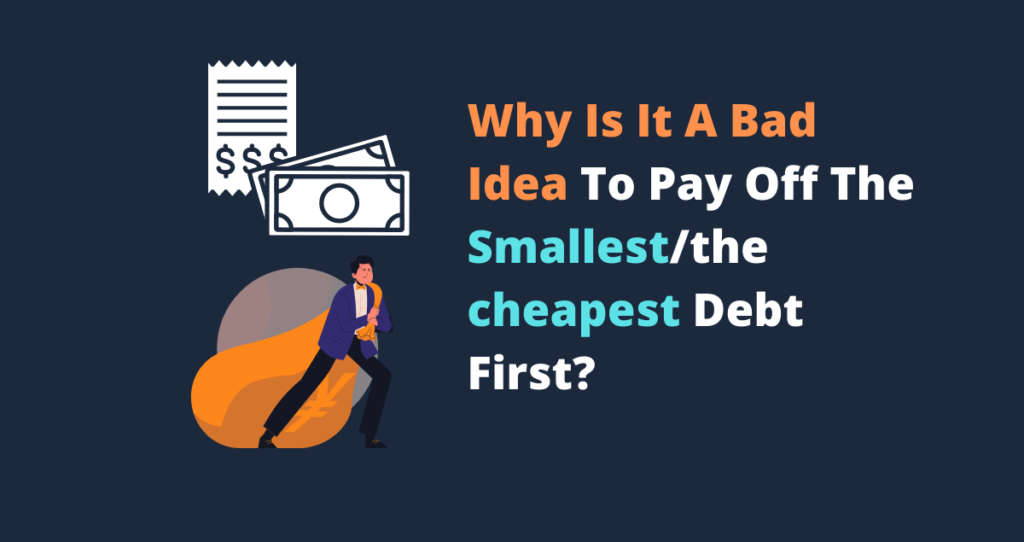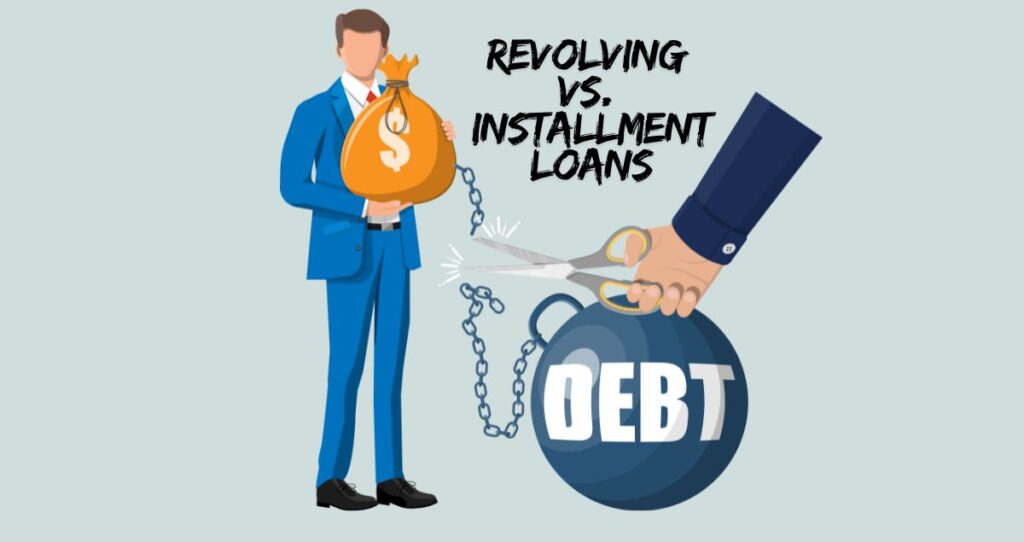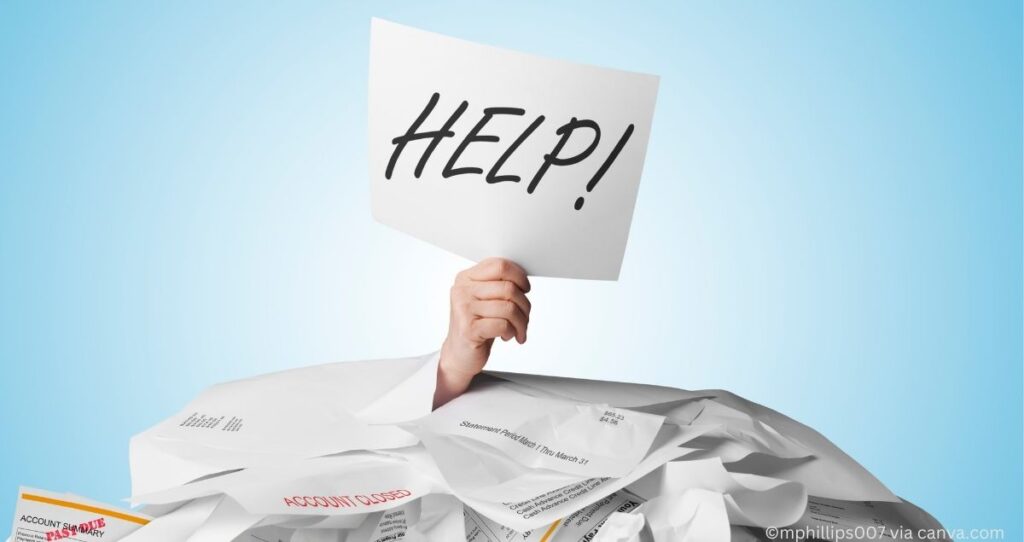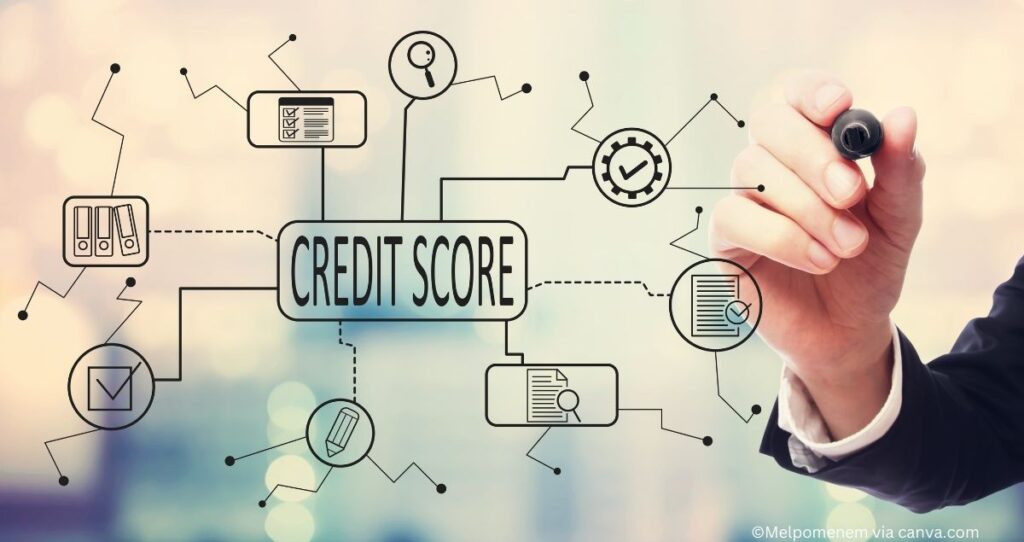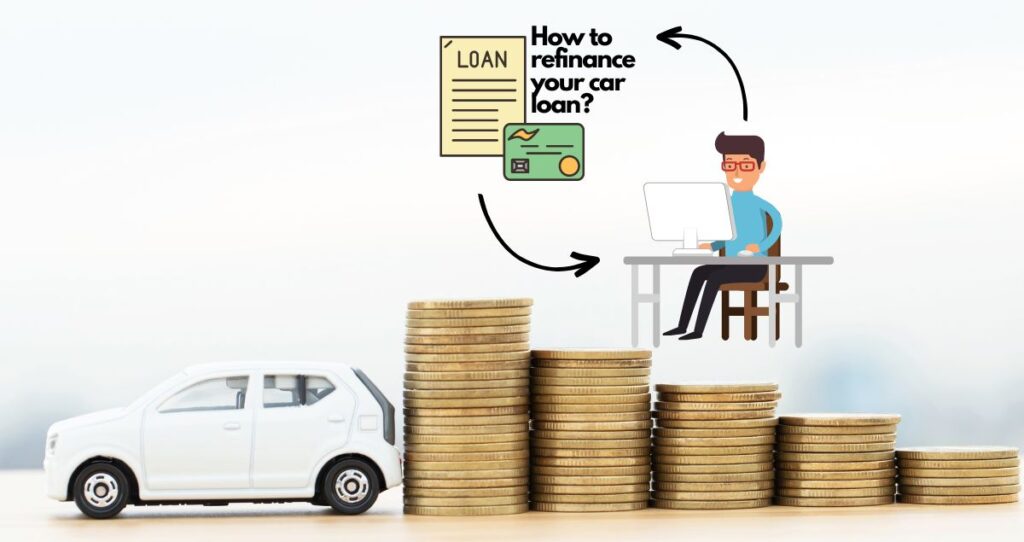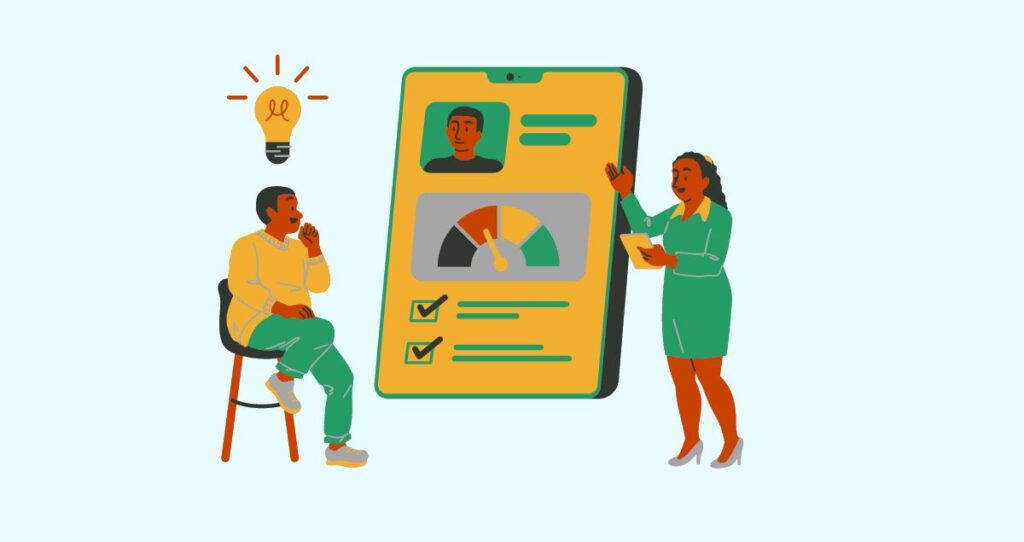It is easy to borrow money but hard to pay it off. That is what every person who struggled with debt or paid off debt will tell you. Many people never figure out how to pay off their debts due to different reasons that could be financial, personal, or family related. So, why is it so hard to get out of debt and what mistakes are millions of people making when paying off debt?
There are many factors that influence how fast and effectively people pay off their debts. The amount of debt and types of credit directly impact the level of stress debt puts on your finances. For example, a person who has $200,000 in credit card debt and personal loans will suffer more than someone with three times in mortgages. This is because credit cards and similar consumer debts come with higher APRs that are compounded in some cases. Hence, growing borrowers’ debts at an exponential rate. To pay off such debt, one must have stricter rules and allocate every penny to these debts to reduce the principal amount to cope with the impact of higher interest rates.
Financial behaviors and methodology employed in paying off debt also affect the effectiveness of one’s ability to get out of debt. For example, a person who is financially responsible with a plan can easily pay off debt faster than someone who does not.
In this article, you will learn the top 7 reasons why it is so hard to get out of debt and the mistakes you are probably making. If you are struggling with debt or know someone who does, this article is right for you.
1. People take out questionable debts / bad debts
One of the biggest reasons why it is so hard to get out of debt is that people accumulate questionable debts/bad debts. Lending institutions know that most people are not financially educated. So, they use this information to rule millions into debts that are not necessary or debts that could have been avoided.
What is a questionable debt?
From a borrower’s perspective, bad debt is any debt that has some or all the following properties.
- Has higher interest rates
- Comes with a compounding interest
- It is not necessary
- You have been tricked to borrow
- It is too expensive to pay off
A good example of bad debts is payday loans and title loans. The Consumer Financial Protection Bureau(CFPB) defines a payday loan as a short-term, high-cost loan, generally, for $500 or less, that is typically due on your next payday. The CFPB also indicates that the annual percentage rate(APR) you pay on these loans can be as high as 400%. The question is: what is it you are trying to buy to a level where you are willing to pay close to 400% interest so that you can get it?
These loans are predatory loans and many people for them. The interest you end up paying is too high to even consider these loans. Debt itself is not bad especially when you have a stable income to make your monthly payments. However, one bad debt can make it harder to pay the principal amount and accrued interest. As a result, it will become really hard for you to get out of bad debt.
2. People desire to look rich instead of being rich
Your desire can make you rich or poor for the rest of your life. What you desire determines your financial stability and who you become in general.
Most people desire richness and accumulation of wealth. The problem is that not everyone can achieve richness. Why? Because most people are not willing to pay the price. They don’t want to work hard, learn as much as possible, and take on that financial independence journey that rich people took. In order words, success and wealth are for the brave.
Not everyone has the stamina and discipline to keep going for as long as it takes to succeed. As a result, people try to fill the void by looking rich instead of being rich. People desire to drive brand-new cars, live in expensive houses, and wear luxury gadgets and high-end clothes without having enough income to finance these products. Since most people do not enough income, they turn to creditors for expensive loans.
What is wrong with owning expensive products and owning too many liabilities?
- Expensive and brand-new cars come with full coverages, high maintenance, and have a fast depreciation rate
- Expensive houses cost you more in interest charges and come with expensive property tax, costly homeowner’s insurance, utility bills, and maintenance costs.
- Luxury items cost more money to obtain but they come with a $0 return on investments
The problem is that people accumulate too much debt but their incomes stay the same. This makes it difficult to meet their financial obligations from each debt. If incomes can go higher at the same rate as debts, there would be a balance between the two. Unfortunately, the opposite happens. That is why it is so hard to get out of debt. People borrow and spend beyond their means which makes them live in never-ending financial struggles.
3. Debt payment sacrifices are too high
Paying off debt is not just handing a paycheck to your mortgage provider every month. Instead, it is about making mental and financial sacrifices. It is about giving up that monthly fitness membership to pay your bills. Sometimes people choose to either eat once a day to pay outstanding balances or to forget about their debts and hope they will be fine.
For some people, the sacrifice is too high to a level they choose to give up. Should you cancel your kid’s membership to pay off student loans? Or homeschool your kids to avoid all necessary expenses for the sake of getting out of debt? Many people find it difficult to sacrifice the well-being of their entire families so that they can get out of your debt.
Although it is necessary to make some form of sacrifice when paying off debts, you can’t give up life necessities to make your bank happy. This is one of the reasons why it is so hard to get out of debt. millions of people choose to look away instead of making these sacrifices.
4. Millions of people are managing multiple debts
Debt has become part of everyday life and people carry multiple debts to make ends meet. Most people can’t go to school without borrowing, own houses without mortgages, buy cars without car loans, etc. Managing multiple debts, however, is not an easy task. many people get stuck with choices they have to make each month which makes it hard to get out of debt.
Unfortunately, people have multiple debts. There are people with student loans, mortgages, auto loans, credit card debts, and personal loans at the same time.
No matter how well organized you are, it is never too easy to manage all these debts at once. Each debt comes with its own interest rate, terms, conditions, due dates, fees, etc. All this information can sometimes be overwhelming. Having a debt management strategy can be a solution to this problem. Unfortunately, many people struggle with multiple debts without strategies. What they see are just bills that show up randomly every month in their mailboxes.
Having multiple debts increases your chances of missing a few payments here and there. Or pay less than you are supposed to which lead to carrying balances to the next payment period. Depending on the type of credit accounts you have, your creditors may apply fees, charges, and interest on the balance you carry to the next payment period or did not pay on time.
All these charges and interests make your debts grow higher and higher until you can no longer afford to pay them off.
For example, most credit card debts come with compounding interest that is paid on the balance you carry. If you don’t pay off your debts, the interest you pay alone will make your credit card debts grow at an exponential rate. Hence making it hard to get out of debt.
Related: 6 effective ways to pay off credit card debt
5. It is so hard to get out of debt due to the lack of a plan
Debt management strategies are some of the most important steps you can employ to get out of debt fast. With the right plan, you can easily prioritize payments based on your current financial situation and the impact each credit is having on your financial well-being. For example, you can choose to pay off your debts starting with higher interest rate debts first. This debt payment strategy is known as Debt Avalanche Method and it prevents your debts from growing at an exponential rate. Or if you have a low income and get motivated by small wins, you can use the Debt Snowball Method. With this strategy, you pay off your debts starting with the smallest debt.
Unfortunately, not everyone uses a debt payment plan. People just throw a few bucks here and there and hope their debts will disappear.
The lack of a plan is one of the top reasons why it is so hard to get out of debt. Many people don’t understand that in order to achieve something meaningful regardless of what it is, you need a plan.
A wise man once said, “A project that is well prepared is always easy to execute.” In order words, your plan is like a blueprint on how to pay off your debts from start to finish. It is not a gamble or a guessing game. If you can manage to stick to that plan, you can easily pay off your debt much faster without stress on your income or mental exhaustion.
Taking a debt-free journey without a plan is like gambling. You will never know whether you are making progress or not. You can’t even tell which debt is putting major stress on your finances. For example, if you have a debt with compounding interest, it would be wise to tackle that debt first. But, if you just throw a few dollars on each debt, it will be hard to make meaningful progress and get out of debt.
6. People are stuck in cycles of debt
Many people around the world are struggling with debt because of never-ending cycles of debt. You can get out of debt only if you can pay off existing credit accounts without opening new ones.
Car loans are a good example of a debt cycle that many people do not recognize. People take out car loans for tho cars and spend the following five to six years paying them off. Once one of them is finished, they do not add those extra payments to get rid of the other debt. Instead, they take out another or two car loans.
Before second debts are fully paid off, people get into credit card debts, mortgages, and personal loans. Some people spend their entire lives paying off debts. Others leave debt behind.
The point here is that people get stuck in never-ending cycles of credit. By the time they are done with one debt, they take out more debts which makes it hard to get out of debt.
One of the most important steps in getting out of debt is to stop taking out more loans. Every credit you eliminate frees extra funds that you use to boost your payments on remaining debts. When you finish paying off one debt, pay more on other debts instead of getting more credit. This is a simple strategy and it works as long as you are able to stick to it.
Related: What is revolving credit: Everything you need to know
7. Lack of financial education
Most people aren’t financially educated and lenders know about it. Financial education has nothing to do with having a college degree, master’s, or Ph.D. in any field.
Although having school-based knowledge can help you make better choices given the conditions, that alone does not guarantee success in life.
So, what is financial education?
Financial education is a set of skills and knowledge that allows you to make educated financial decisions in different circumstances. This accounts for a combination of what you learned in school, read in books, real-life experience, etc. You are financially educated when you can make better financial choices. For example, a financially educated person will not spend more money than he/she makes at any given time.
It is a simple financial strategy but hard to follow. Millions of people spend more money than they make. That is why some of them become homeless when they lose their jobs. A person who is pending more than he/she makes, will not come up with a functional plan to get out of debt.
It is so hard to get out of debt because of the lack of financial education. People just borrow and spend extravagantly without knowing that all these financial products come with interest rates and charges. In order words, their debts grow but their incomes stay the same.

